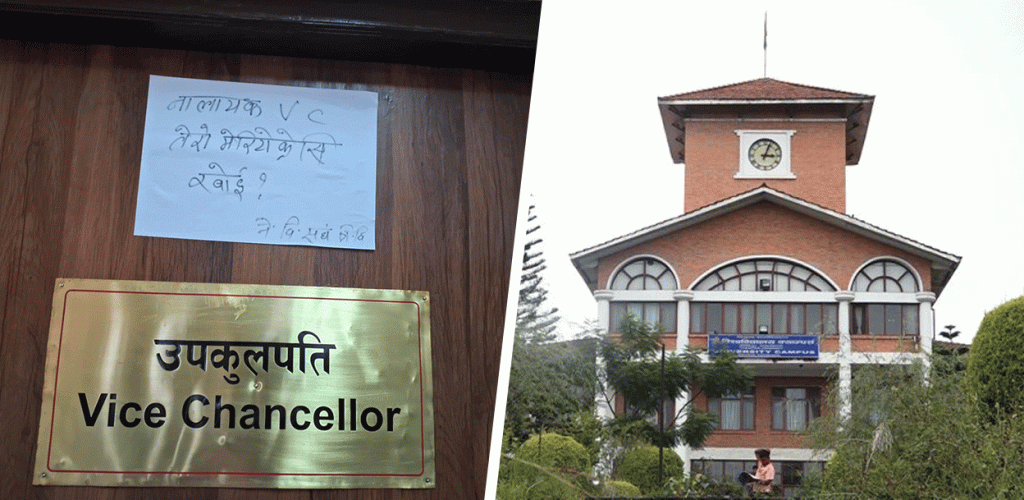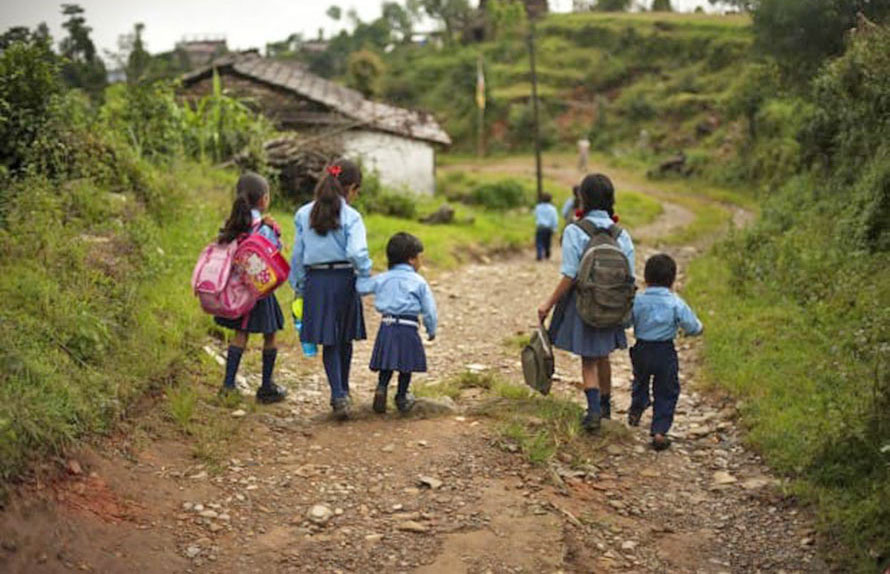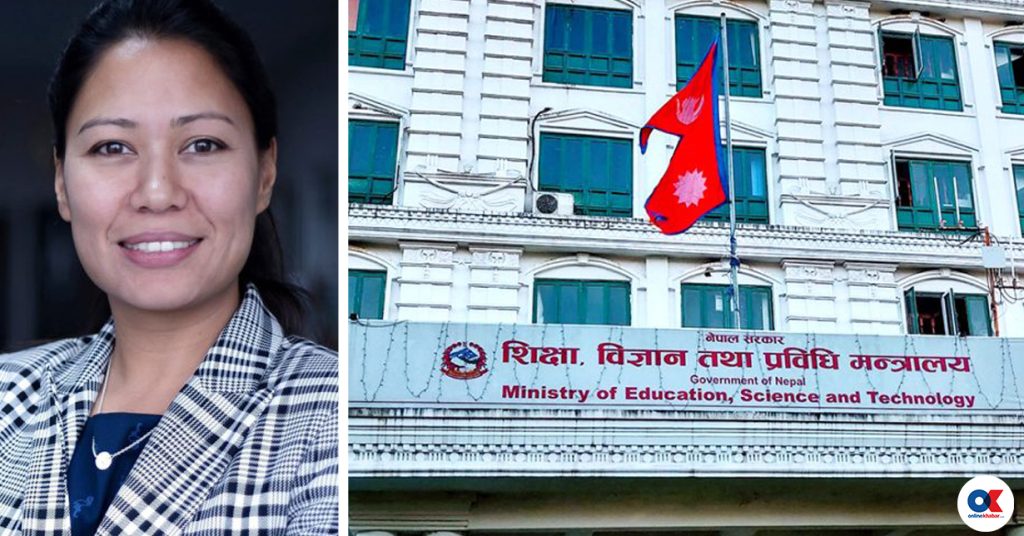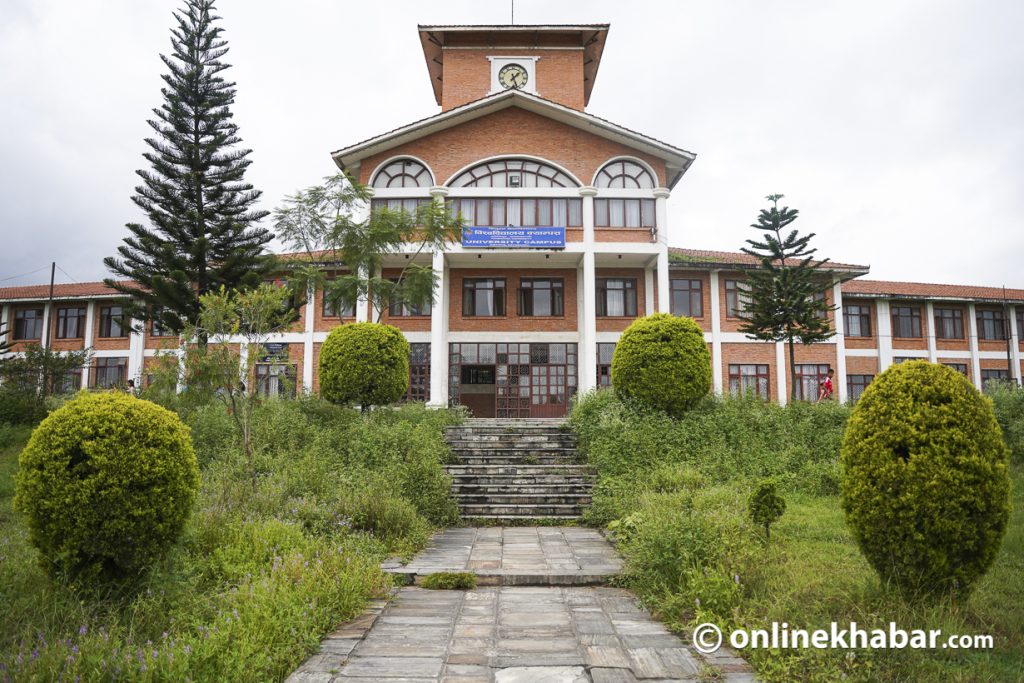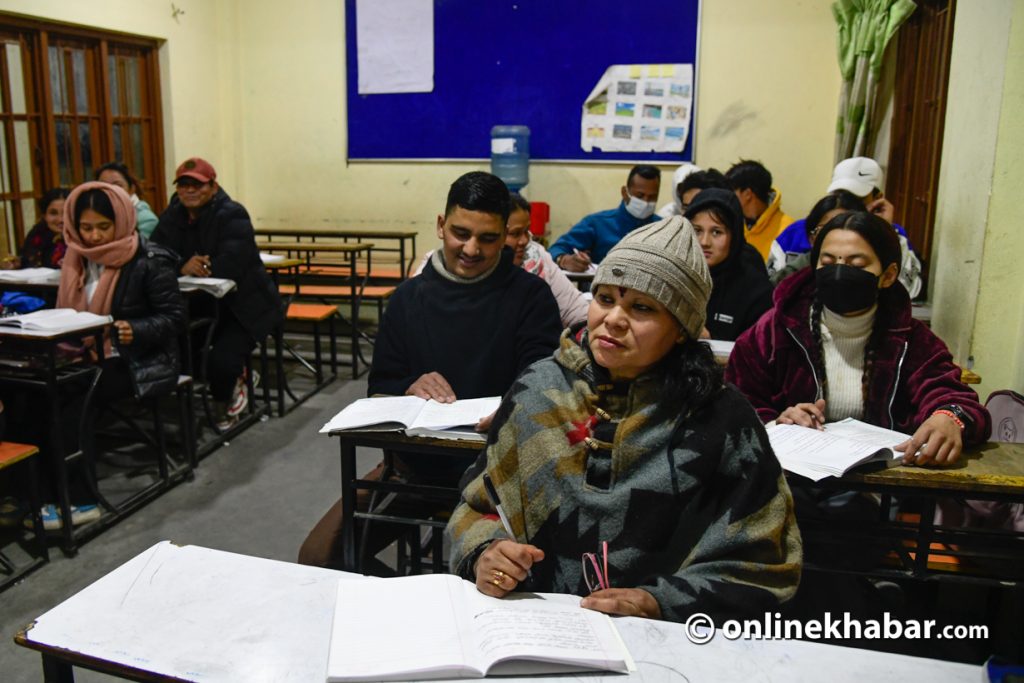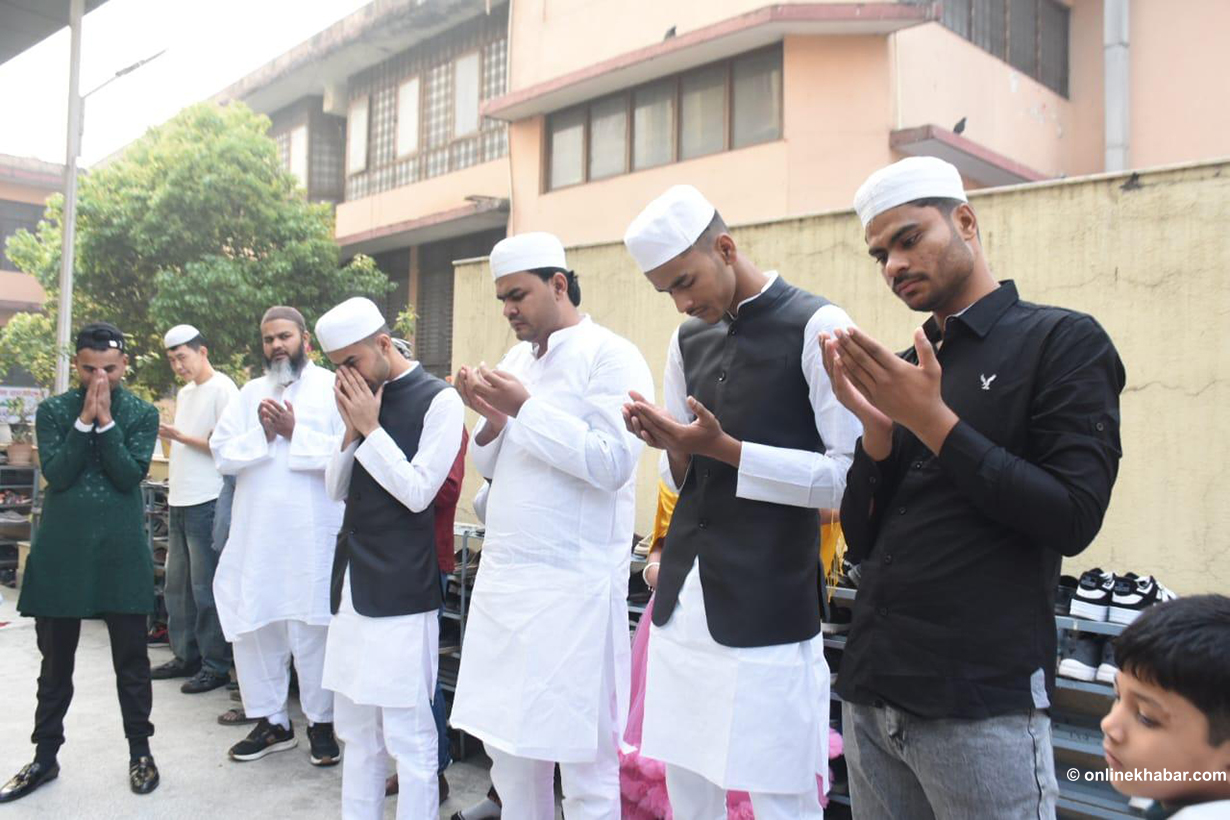Aarav of Dharan recently appeared in the Secondary Education Examinations (SEE), the 10th-grade final exam. The results of the examinations are expected to be published in the third week of July, but Aarav is still unsure about his further studies as no one provided him with career counselling up to this age.
Aarav says he is clueless about selecting the stream for the remaining two years of his high school. Hence, he is worried and having difficulties exploring the subjects. He is interested in computers, but he is unaware of the courses that would support his interest.
Priyanka of Kathmandu, who completed the school nine years ago, says she can relate to Aarav as she underwent the same fate. “But, we discussed with each other and chose a subject for high school,” Priyanka, who is working as a nurse abroad, says, “But, my decision never made me happy and satisfied. I still regret the decision.”
There are thousands like Priyanka who went through similar situations. And, without any significant change in the system, there are thousands like Aarav even today. Students, not informed of different career choices they could have, are expected to make life-changing decisions after the 10th and 12th grades in Nepal. But, as students lack career counselling opportunities before that, this can be disastrous, worry scholars and stakeholders.
Schools’ negligence

When educationist Bidya Nath Koirala visited a school outside the Kathmandu valley recently to speak with some teachers and students, he discovered that the students had no idea what they would be studying in the future. Likewise, the teachers were also unconcerned.
“The idea of career counselling was created in Nepal a long time ago, but there has never been an active effort to put it into practice. Consequently, most of the teachers and schools are not aware of its significance,” claims Koirala.
Experts say career counselling at this point can be helpful for students who are confused about what to pursue in higher studies. However, Nepali educational institutions look quite aloof, they say. In Nepal, career counselling has never been a part of the school education system.
Sushan Acharya, another educationist, says the government had once allocated funds to conduct career counselling training for public school teachers, but things did not go well.
Both the experts recognise the role of teachers in career counselling, saying educators can be the best counsellors. Acharya says the teachers can give time to the students, know their interests and suggest they choose the subjects according to their interests.
But, sadly, they lack the training, knowledge, and experience necessary to do so, complains Koirala.
The problem with stereotypical counselling

Further, in Nepal, the practice of career counselling is driven by stereotypes and traditional notions and this is problematic, says Acharya. “The teachers and parents suggest the students choose the subject based on their marks,” says Acharya. “If the student secure standard marks, they will be suggested to choose the science stream and if they secure mediocre marks, they will be asked to select management or humanities.”
Acharya says this is wrong because this might cause a lot of problems in their future. They may even be forced to stop attending school if they are studying the courses based on this classification. In such cases, they may waste their time, which may lead to frustration and mental stress.
On the other hand, Koirala has seen some private schools orienting students about their careers. But, he is disappointed with the way they conduct the sessions. He has found those schools focused on studying abroad, rather than the course, curriculum and skills that the students will get after choosing the specific subject in Nepal.
“They counsel the students by saying Nepal does not have a placement. You should go to countries like the US, Australia and others.”
Koirala says he has even directly complained to them about the wrong message they have imparted.
Slow progress
While the educationists are disappointed with the status of career counselling in Nepal, schools say they are making some progress albeit slow.
Lately, the concept of career counselling is getting gradual attention among the schools of Nepal, says DK Dhungana, the president of the Private and Boarding Schools’ Organization Nepal (PABSON).
However, Dhungana, also the founder and principal of Radiant Readers Academy, admits the practice of career counselling is still not conducted formally. But, he is adamant that it will be a significant part of the formal schooling system in the future.
“Career counselling in the educational system is essential in the current environment,” he claims.
Although career counselling holds strong significance in students’ careers, the government does not have any plans and policies for it.
“The schools themselves are responsible to hold career counselling classes for the students, the government is not responsible for it,” says Deepak Sharma, the spokesperson for the Ministry of Education, Science and Technology.
For the same reason, the government does not have any dedicated plans and policies about the issue, he clarifies.







